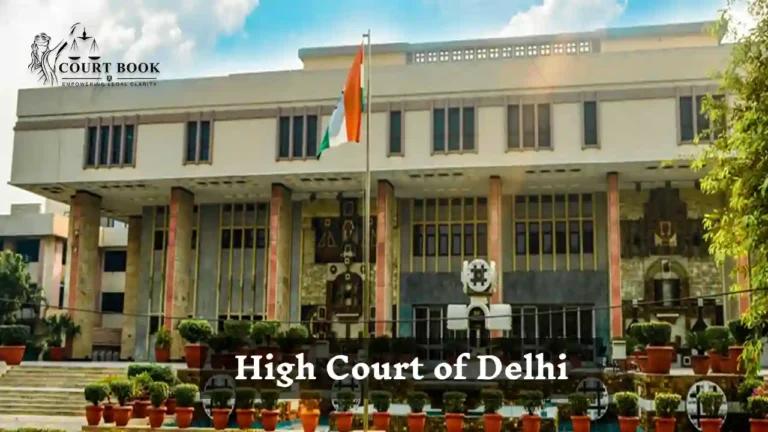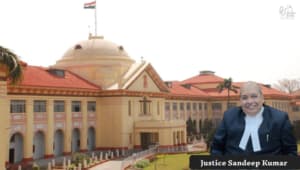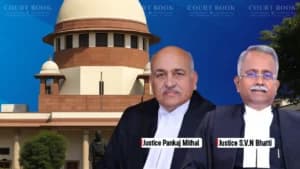The Delhi High Court has rejected the appeal filed by MM Dhonchak, a retired judicial officer and former Presiding Officer of the Debts Recovery Tribunal (DRT)-II, Chandigarh, challenging the extension of his suspension. The Division Bench of Justice Navin Chawla and Justice Renu Bhatnagar upheld the single judge’s order dated March 3, 2025, stating there was no merit in interfering with the continued suspension.
The Court noted that serious allegations of judicial impropriety and misconduct were pending against Dhonchak, warranting an inquiry. These included complaints of rude behavior towards lawyers, unjustified adjournments of cases beyond his tenure, and deliberate delays that, according to the Debt Recovery Appellate Tribunal (DRAT), affected the country’s economic interests.
Read also:- Karnataka High Court Raises a Lot of Questions on Sealed Documents in Bengaluru Stampede Case
“The nature of the charges... is grave and his acts were stated to be prejudicial to the public interest,” the Bench observed while ruling on the matter.
The DRAT had found Dhonchak's conduct in the DRT as inconsistent with judicial standards. In a preliminary report, the DRAT noted that cases were adjourned until 2026, beyond his tenure, defeating the purpose of the Recovery of Debts and Bankruptcy Act, 1993. The report emphasized that such delays hindered financial recovery and affected national economic interests.
“Giving long adjournments of 3 to 4 years prima facie shows that the Presiding Officer... is not sensitive in dealing with the matters pending before him,” the DRAT had stated.
Read also:- PMLA Accused's Transfer Petition Rejected by Allahabad HC Over 'False Bribe Claim'
The Central Government acted upon these findings, initiating a formal inquiry under Rule 9 of the Tribunal (Conditions of Service) Rules, 2021. An Inquiry Officer was appointed, and a charge sheet was issued with the Finance Minister's approval.
Dhonchak, appearing in person, argued that his suspension was punitive, not preventive, and stemmed from false complaints due to his strict courtroom discipline. He also contended that key documents were not disclosed to him and that the continuation of suspension hampered the DRT's functioning.
However, the Court found no merit in these arguments, citing that suspension is a preventive step to ensure a fair inquiry. The Court also emphasized the limited scope of judicial review in such matters, especially when grave charges are involved.
“Suspension is not a punishment but a means to preserve the sanctity of the inquiry,” the Court cited from Supreme Court precedent.
Read also:- Appeal to Dismiss "Kahaani 2" Script Case in SC, Notice Issued on Sujoy Ghosh's Plea
The Court also addressed the appellant’s claim regarding alleged bias in the formation of the Suspension Review Committee and misuse of sealed cover submissions. While it acknowledged that certain documents should ideally have been shared, it noted that relevant reasons were sufficiently available in the respondent's reply and were considered in the single judge’s order.
“For the said reasons alone, the Impugned Judgement cannot be faulted,” the Court concluded.
With this, the Court dismissed Dhonchak’s appeal in totality, stating that it found no grounds to interfere with the suspension extension order. The disciplinary proceedings against him remain ongoing.
Case Title: MM Dhonchak v. Union of India















